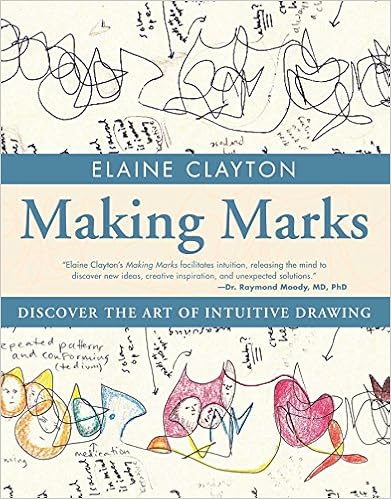In Kitah Hey (5th grade) at my school, Susan Walden asked her students to pair up and pretend to be Moses. As Moses they had to answer the question “Why did God choose me (of all people) to lead the Israelites out of Egypt?” Their answers are brilliant in so many ways…these are excerpts from much longer answers.
- “God said I was honest, selfless and brave and I respect Him/Her. Maybe I should take the chance!” – Rachel and Lila
- “I think God chose me to lead the Israelites because I followed God’s command.” – Kate and Ethan
- “God chose me because He noticed me having compassion and putting others before myself.” – Adam and Jack
- “As a leader I give the people what they want and inspire them to do what they do.” – Brooke and Isaac
- “I realized that the Israelites are important and they were suffering.” – Ruby and Sophia
As I read their answers, I hear three things. First I hear the plain meaning – what the rabbis call the p’shat. They are learning the stories. They are getting the information.
Second, I hear them putting themselves into the Torah. All of their answers are in the first person – “I realized,” “I was honest.” “I followed.” By writing themselves into the story, by trying to see through Moses’ eyes, they are interpreting the text. The rabbis called this drash.
Finally, I hear a clue of where these stories are taking them. “I was honest, selfless and brave.” “I had compassion and put others before myself.” The rabbis referred to these clues in the text as remez. The remez here is also about what we are seeing these young people becoming. If they could not see themselves as possibly having these qualities, I am not sure they would have answered the same way.
It is exciting to see learning happen. You can almost visualize the gears turning or the flow of electrons if you prefer the digital version. It is exciting to see teachers like Susan make this happen by challenging the students to dig deep into themselves.
And I visualize these same students in five years as members of our Confirmation class. Just as this year’s class did a few weeks ago, they will travel to Washington D.C. with our rabbi. They will use the skills of discerning the plain meaning, interpretation and seeking clues as they encounter issues before Congress. They will stake out a position rooted in Jewish values. Then they will go up to Capitol Hill and tell our representatives how thy expect them to vote.
It is a powerful lesson. And it started in Kitah Hey. And in Gan (K). And in all the grades in between.








